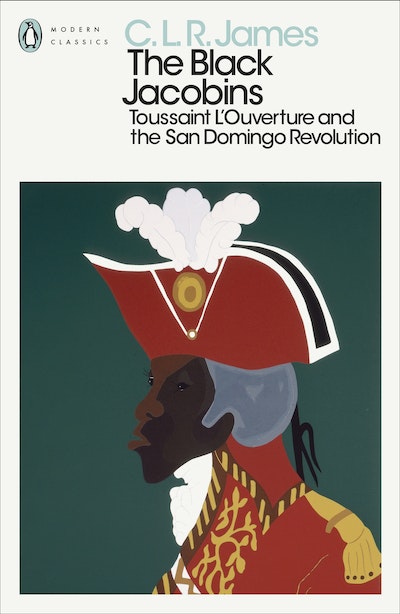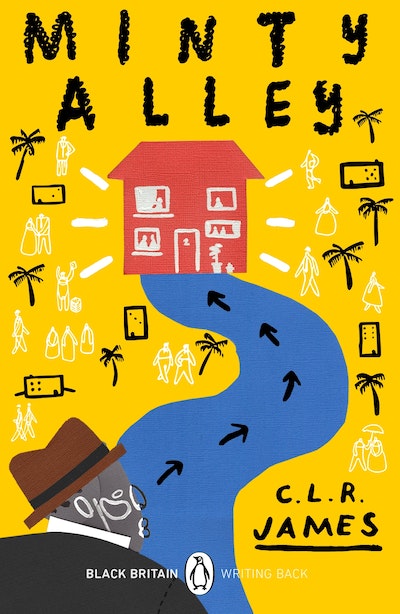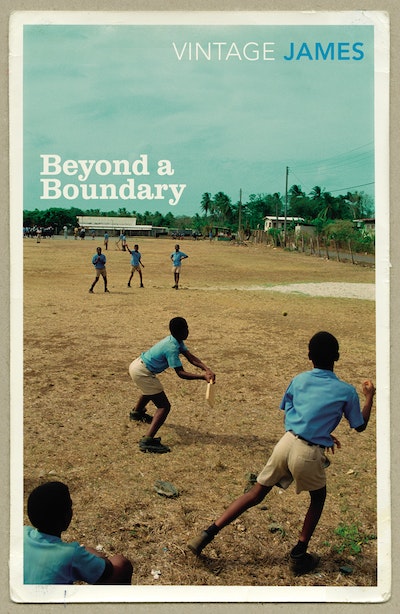- Published: 21 February 2023
- ISBN: 9780241562079
- Imprint: Penguin Classics
- Format: Paperback
- Pages: 416
- RRP: $27.99
The Black Jacobins
Toussaint L'Ouverture and the San Domingo Revolution
- Published: 21 February 2023
- ISBN: 9780241562079
- Imprint: Penguin Classics
- Format: Paperback
- Pages: 416
- RRP: $27.99
A starting point and an intellectual inspiration ... a classic of masterly historical writing.
James Walvin
The black Plato of our generation ... the founding father of African emancipation.
The Times
Contains some of the finest and most deeply felt polemical writing against slavery and racism ever to be published.
Time Out
James is, quite simply, the outstanding West Indian of the twentieth century.
Caryl Phillips
James is not afraid to touch his pen with the flame of ardent personal feeling - a sense of justice, love of freedom, admiration for heroism, hatred for tyranny - and his detailed, richly documented and dramatically written book holds a deep and lasting interest.
New York Times
The Black Jacobins is one of the great books of the twentieth century ... one that wrote the history of a people supposedly without history.
Catherine Hall
Revolutionarily, the book abandoned the old narrative of black victimhood in favour of accenting the agency of the formerly enslaved who, fuelled by a desire for liberty, fought to achieve autonomy.
Colin Grant, Prospect
The standard and the main text through which the Haitian revolution is studied ... a book I've read back to back many times ... An incredibly brilliant book, an undeniably magnificent contribution to scholarship.
Akala's Great Reads
The Black Jacobins is not only a groundbreaking historical work; it is a masterpiece in story-telling and analysis.
Gary Younge
Reading and rereading The Black Jacobins, I am struck by its incredible wit and humanity, and James' determination to write a history of slavery in the Caribbean in which people of African descent appear as thinking, feeling human agents - in other words, as the protagonists of their own history and not background characters in an essentially European story.
Dr Liam J. Liburd, Assistant Professor of Black British History, Durham University





